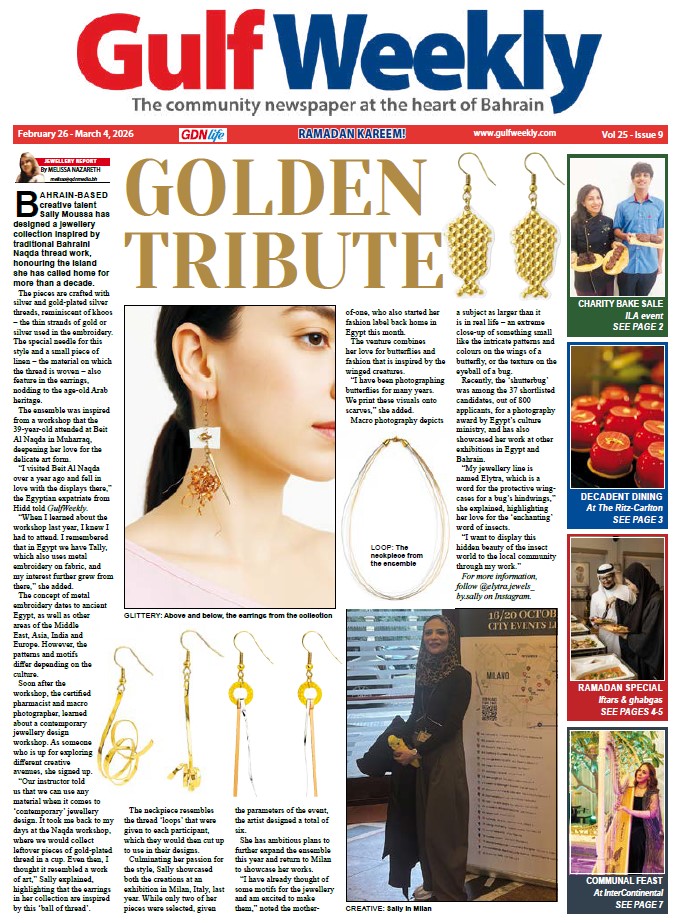Youngsters with special needs, as well as their parents, are gearing up with different strategies for ongoing changes to their routines as a new kind of back-to-school is on the horizon.
Ali Nasheet, a 10-year-old Bahraini student at Badr Al Kubra Primary School in Isa Town, diagnosed with autism, for example, is looking forward to virtual classes and taking a break from the Arabic homework that his mum has been assigning him over the summer.
Ali’s mother Mariam Alaradi prefers home schooling and will be opting out of returning him into a classroom setting.
Since virtual learning has been a relatively smooth transition for him, Ali’s parents have been encouraging him to also pursue his hobbies throughout the Covid-19 pandemic and holidays. Ali has been improving his artistic abilities in his pursuit to portray on paper his newest passion: the different Godzilla monsters.
Ali, as well as his sister Fatima, eight, and brother Mohammed, seven, have also been exploring opportunities as YouTubers, a hobby they had toyed with as early as last summer, with the help of their father, Hussain.
He may be among the lucky ones, as children with learning difficulties often find online learning too challenging.
Christine Gordon MBE, student director at the RIA Institute in Adliya, said: “Very few students with special needs are able to fully take advantage of online classes because they often need a physical presence to help them keep up with educational material and to help work through their anxieties.
“Most of the parents of our students have been held back by a completely understandable fear of how their children will cope with the new routine of staying safe and healthy, or financial difficulties due to the economic slowdown.”
Christine has been working with her son, Othmann AlAttar, who was diagnosed with autism at the age of three, on adjusting to a new routine involving putting on a mask and frequently sanitising his hands. Helping Othmann, now a young adult, get used to covering his face, for example, took around two months of gentle persuasion.
According to UNESCO, the Covid-19 pandemic has had a disproportionate impact on learners with disabilities who were already experiencing social and educational disadvantages. They are also the least likely to benefit from distance-learning solutions.
While technology can be a great complement to a special needs education, not all students are able to adapt to it becoming a substitute to the classroom experience.
Christine has noticed that the disruption in routines has created the most anxiety and distress among families, and alongside all the precautions set up at the RIA Institute to ensure the health and safety of all students, the team has also arranged a counselling service for parents, via Zoom, to help guide and assist them.
While she acknowledges that every special needs student has their own challenges depending on their unique conditions, she sees a joint strategy developed by schools, parents and specialised centres as the key to helping each one keep up with their education and adjust to the “new normal.”










